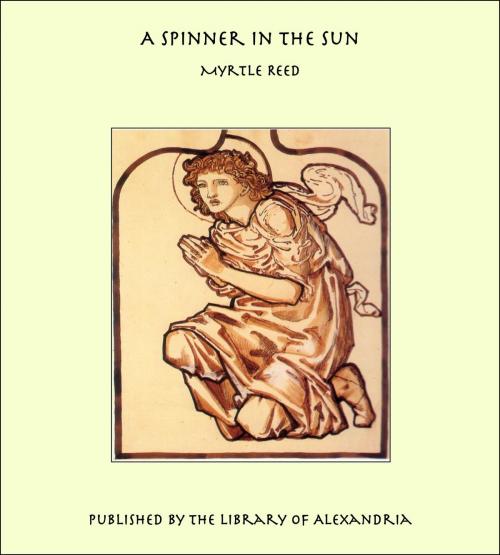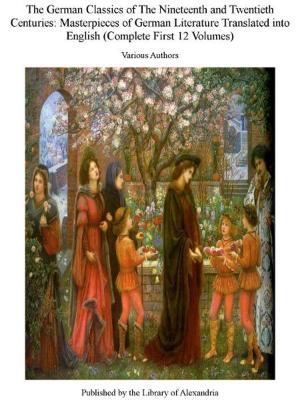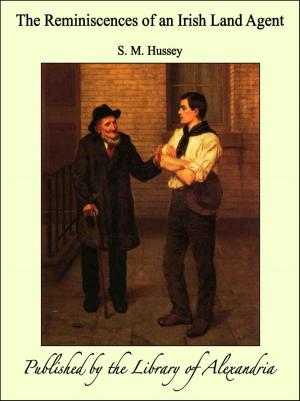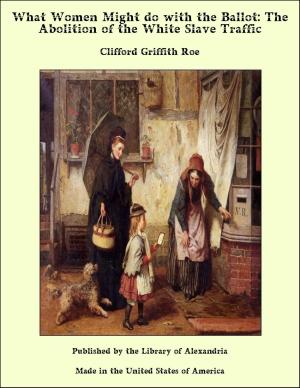| Author: | Myrtle Reed | ISBN: | 9781465548566 |
| Publisher: | Library of Alexandria | Publication: | March 8, 2015 |
| Imprint: | Language: | English |
| Author: | Myrtle Reed |
| ISBN: | 9781465548566 |
| Publisher: | Library of Alexandria |
| Publication: | March 8, 2015 |
| Imprint: | |
| Language: | English |
"The Fire was Kind" The little house was waiting, as it had waited for many years. Grey and weather-worn, it leaned toward the sheltering hillside as though to gather from the kindly earth some support and comfort for old age. Five-and-twenty Winters had broken its spirit, five-and-twenty Springs had not brought back the heart of it, that had once gone out, with dancing feet and singing, and had returned no more. For a quarter of a century, the garden had lain desolate. Summers came and went, but only a few straggling blooms made their way above the mass of weeds. In early Autumn, thistles and milkweed took possession of the place, the mournful purple of their flowering hiding the garden beneath trappings of woe. And at night, when the Autumn moon shone dimly, frail ghosts of dead flowers were set free from the thistles and milkweed. The wind of Indian Summer, itself a ghost, convoyed them about the garden, but they never went beyond it. Each year the panoply of purple spread farther, more surely hiding the brave blooms beneath. Far down the path, beside the broken gate, a majestic cypress cast portentous gloom. Across from it, and quite hiding the ruin of the gate, was a rose-bush, which, every June, put forth one perfect white rose. Love had come through the gate and Love had gone out again, but this one flower was left behind. Brambles grew about the doorstep, and the hinges of the door were deep in rust. No friendly light gleamed at night from the lattice, a beacon to the wayfarer or a message of cheer to the disheartened, since the little house was alone. The secret spinners had hung a drapery of cobwebs before the desolate windows, as though to veil the loneliness from passers-by. No fire warmed the solitary hearth, no gay and careless laughter betrayed the sleeping echoes into answer. Within the house were only dreams, which never had come true
"The Fire was Kind" The little house was waiting, as it had waited for many years. Grey and weather-worn, it leaned toward the sheltering hillside as though to gather from the kindly earth some support and comfort for old age. Five-and-twenty Winters had broken its spirit, five-and-twenty Springs had not brought back the heart of it, that had once gone out, with dancing feet and singing, and had returned no more. For a quarter of a century, the garden had lain desolate. Summers came and went, but only a few straggling blooms made their way above the mass of weeds. In early Autumn, thistles and milkweed took possession of the place, the mournful purple of their flowering hiding the garden beneath trappings of woe. And at night, when the Autumn moon shone dimly, frail ghosts of dead flowers were set free from the thistles and milkweed. The wind of Indian Summer, itself a ghost, convoyed them about the garden, but they never went beyond it. Each year the panoply of purple spread farther, more surely hiding the brave blooms beneath. Far down the path, beside the broken gate, a majestic cypress cast portentous gloom. Across from it, and quite hiding the ruin of the gate, was a rose-bush, which, every June, put forth one perfect white rose. Love had come through the gate and Love had gone out again, but this one flower was left behind. Brambles grew about the doorstep, and the hinges of the door were deep in rust. No friendly light gleamed at night from the lattice, a beacon to the wayfarer or a message of cheer to the disheartened, since the little house was alone. The secret spinners had hung a drapery of cobwebs before the desolate windows, as though to veil the loneliness from passers-by. No fire warmed the solitary hearth, no gay and careless laughter betrayed the sleeping echoes into answer. Within the house were only dreams, which never had come true















